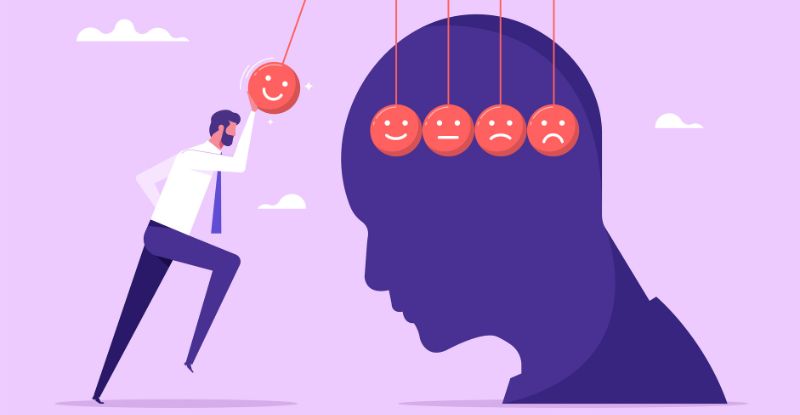
Photo credit: gustavofrazao/Depositphotos.com
CPAWSB has listened to your communication needs and responded with a new English Language Support (ELS) resources page.
Here, you will find valuable information and resource links to these knowledge areas:
If you have identified an area of challenge from the list above, please visit the ELS page. Gain the confidence to easily communicate both as a learner and as an employee at the workplace.
Contact [email protected] for more information.
Here, you will find valuable information and resource links to these knowledge areas:
- Language proficiency – learn to assess your writing, listening, and reading skills
- Speed reading – learn to improve outlining for case writing
- Building vocabulary – improve your strength in using accounting vocabulary
- Keyboarding – learn to type faster for case writing
- Professional writing – achieve professional communication
If you have identified an area of challenge from the list above, please visit the ELS page. Gain the confidence to easily communicate both as a learner and as an employee at the workplace.
Contact [email protected] for more information.





